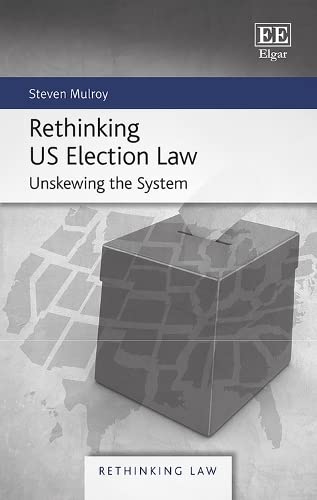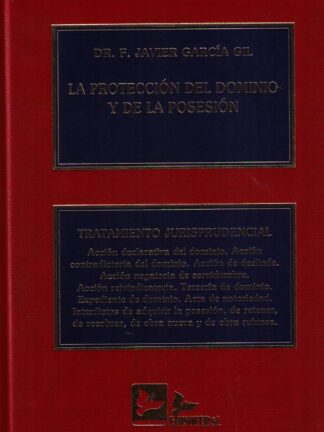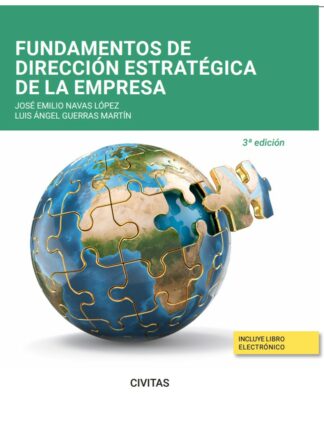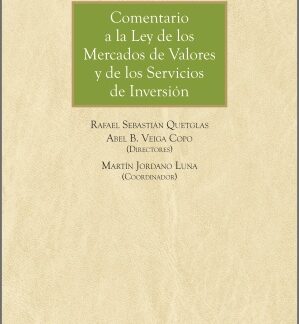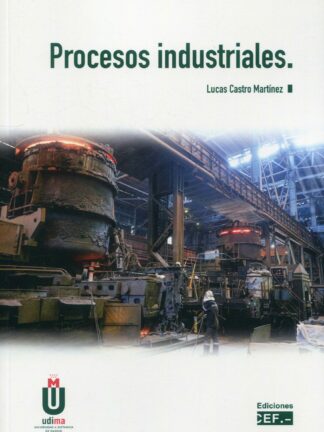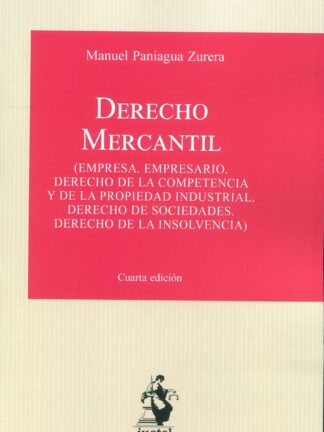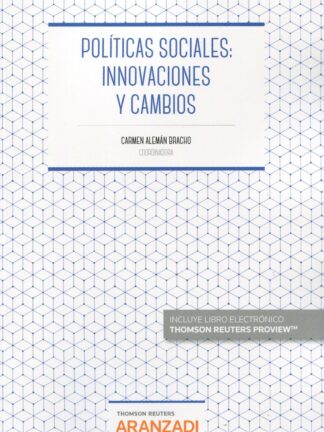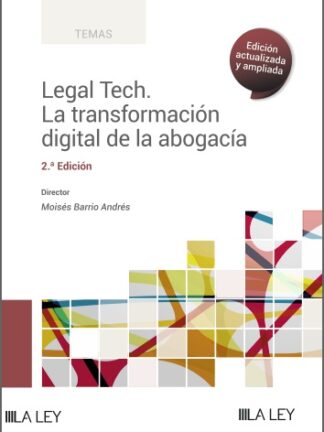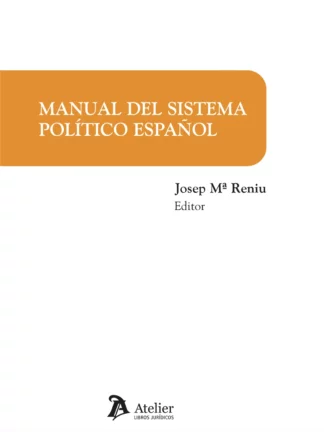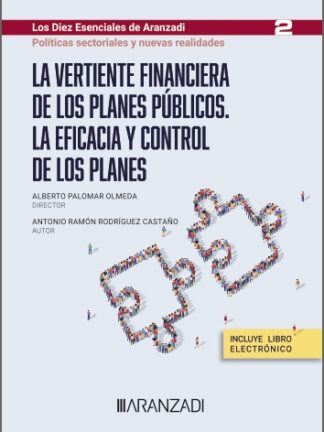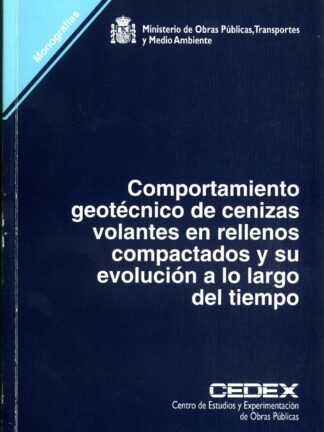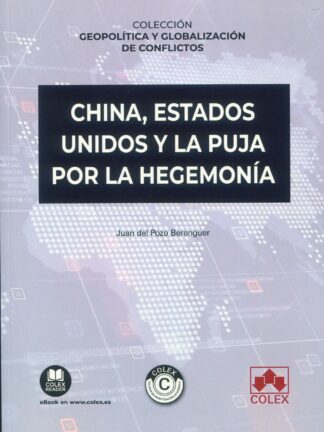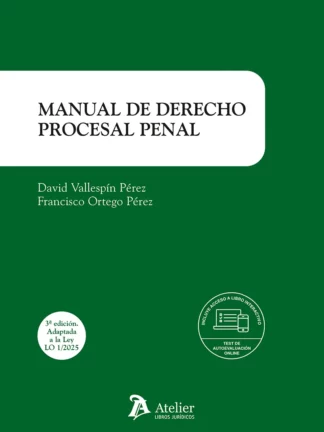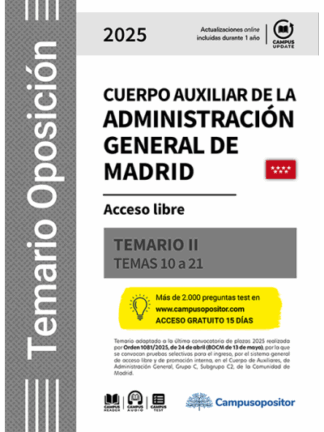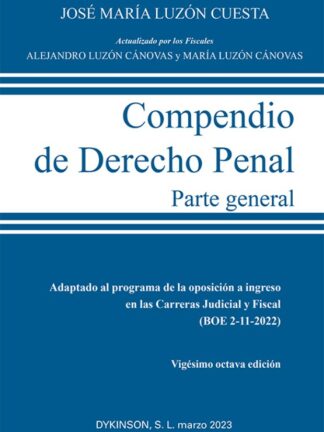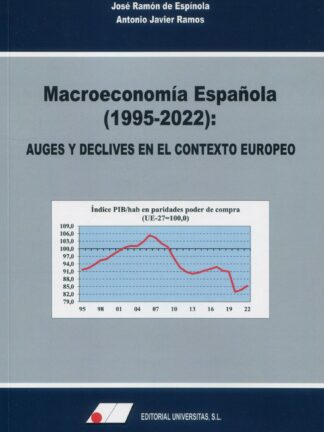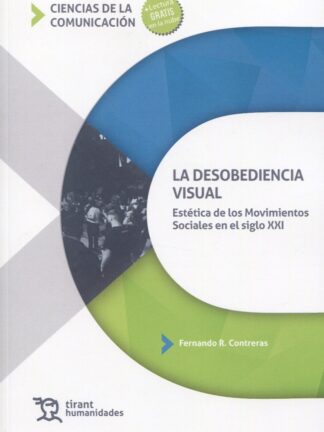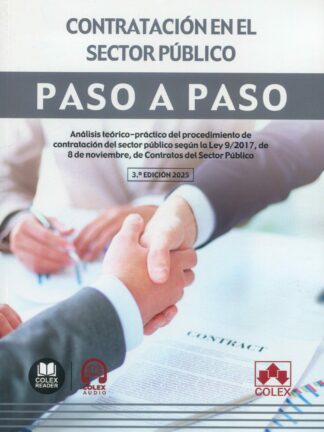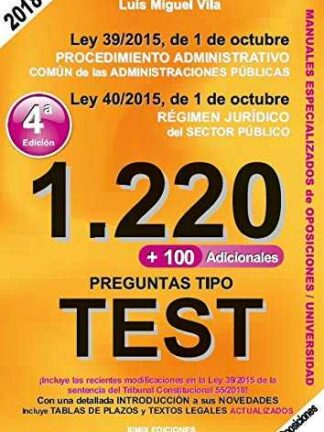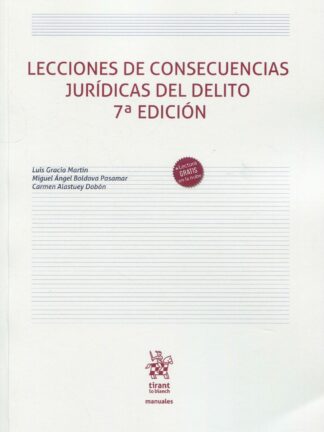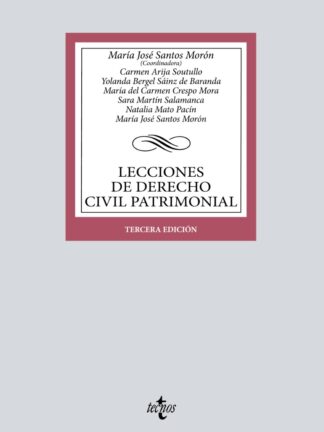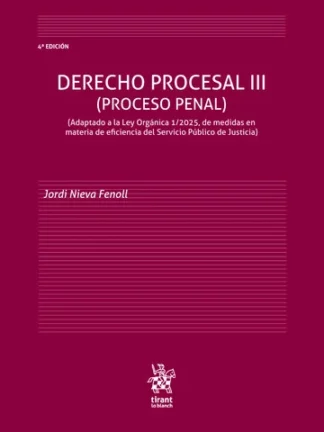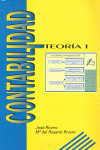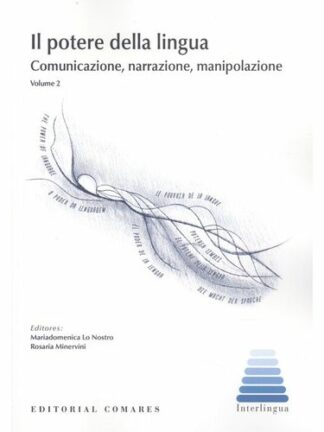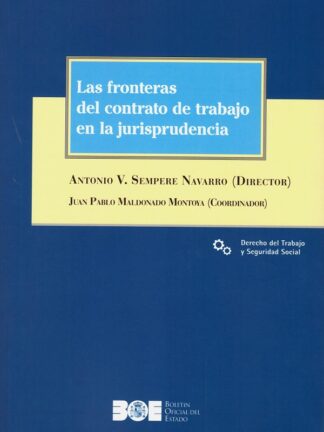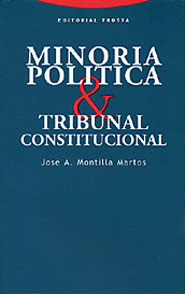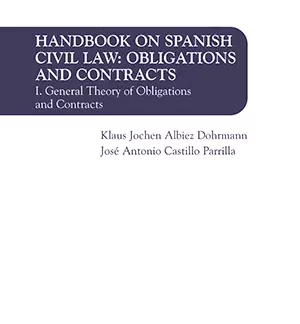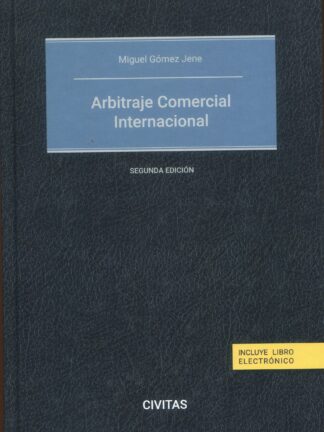Descripción
Rethinking US Election Law: Unskewing the System *
Recent U.S. elections have defied nationwide majority preference at the White House, Senate, and House levels. This work of interdisciplinary scholarship explains how »winner-take-all» and single-member district elections make this happen, and what can be done to repair the system. Proposed reforms include the National Popular Vote interstate compact (presidential elections). Eliminating the Senate filibuster; and proportional representation using Ranked Choice Voting for House, state, and local elections.
This timely analysis of election law and politics outlining key structural election reforms combines distinct analysis of presidential, Senate, and U.S. House elections reforms, while also addressing reforms at the state and local government level. The author argues for fundamental structural changes to U.S. elections like Proportional Representation and Ranked Choice Voting, without requiring any constitutional amendments. Analysis of recent political developments such as progress on the National Popular Vote Interstate Compact, the adoption of Ranked Choice Voting state-wide in Maine. The 2018 Supreme Court gerrymandering cases add real-world relevance and applicability.
This sharp examination of a flawed system is vital reading for students and scholars involved in election law and political science, and is approachable enough for lay readers interested in politics and reform as well.
‘Rethinking US Election Law is a timely, well-written argument in favour of electoral reform in the United States. It advances achievable solutions that could go a long way towards solving the country’s current democratic breakdown, and is an excellent read for anyone interested in »unskewing the system».’
– Erica Frazier, LSE Review

